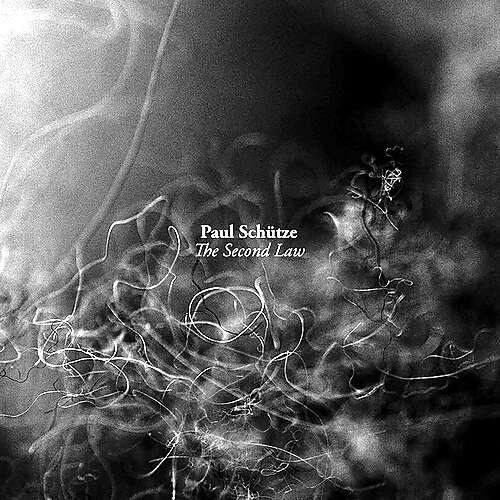Paul Schütze
country: UK
genre: Experimental
styles: Australian Ambient, Experimental Ambient
ABOUT THIS ARTIST
Australian-born composer and producer Paul Schütze is among the most focused and prolific artists of the contemporary experimental electronic scene. Releasing album after album of sprawling, icy, often difficult ambient and electro-acoustic music, Schütze's work has most often been grouped with post-industrial ambient/isolationist artists such as Lull, Main, and Thomas Köner. While the depth of detail and breadth of sound obtained in Schütze's work already confounds that association, albums such as Site Anubis and Abysmal Evenings do contain their share of deep, dark, highly cinematic soundscapes (Schütze spent several of his years in Australia composing for film). Although he bemoans the rampant genre hybridity characteristic of many of his colleagues in both the dance-based underground and the more academic experimental overground (Schütze's discography includes entries for industrial/experimental labels Sentrax and Big Cat, Belgian ambient/techno label Apollo, work with ethno-ambient industrialists O Yuki Conjugate, and collaborations with avant-funk pioneer Bill Laswell), Schütze has moved increasingly toward incorporating rhythmic and percussive structures and ideas from not only ethnic musical traditions (he started out as a percussionist, and has studied Indian percussion formally), but also the more experimental strains of dance-based electronica.
Born in 1958 in Melbourne, Schütze studied Fine Arts at the Caufield Institute of Technology. In the late '70s he was a percussionist with the Fourth Stream Percussion Ensemble before founding the seminal '80s improv group Laughing Hands, adding percussive and synthetic textures to one of Australia's most important and influential experimental forces. After the group dissolved in 1983, Schütze worked as a film critic and DJ at Melbourne's Hardware Club before he was invited to score Roger Scholes' The Sealer. He has since provided composition and sound design on more than 20 films, including Assault on Firebase Gloria, Driving Force, Earth Bound and The Valley. Although he recorded a number of albums with Laughing Hands, Schütze's solo work began to appear in 1990, on the Australian Extreme label. He's since released four critically acclaimed albums through extreme, including Deus Ex Machina, a work composed for traveling multimedia installation. In 1994, Schütze's first work under the acronymic moniker Uzect Plaush appeared on Belgian experimental ambient/techno label Apollo, with his debut for Virgin (the double-CD Apart) appearing the following year. Many of Schütze's earlier works have been reissued on the Big Cat label, including Site Anubis and New Maps of Hell. Schütze continues to live and work in London. ~ Sean Cooper, Rovi
Source [Spotify]Releases
Similar Artists and Bands







